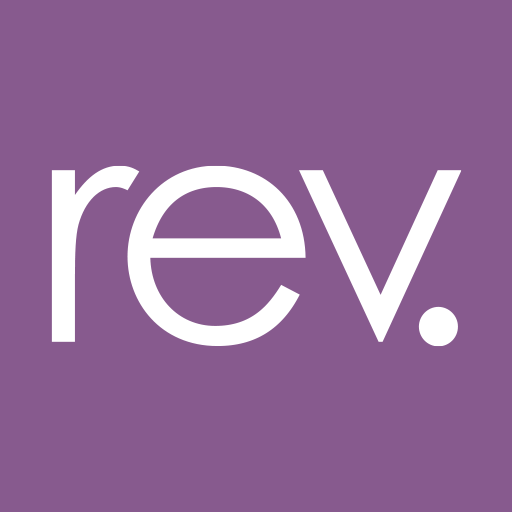I started “Downtime With Rev. Mike” as a fall-asleep podcast, but it’s also coming from an existentialist point of view. Here is a starter list for further reading in existentialism. I do not necessarily endorse everything written in the works below, or the authors, for that matter:
-
Being and Time
by Martin Heidegger
A cornerstone of existentialism exploring the nature of existence, authenticity, and time. -
Existentialism Is a Humanism
by Jean-Paul Sartre
A concise and accessible lecture outlining existentialist themes like freedom, responsibility, and the absence of predetermined meaning. -
The Myth of Sisyphus
by Albert Camus
A profound meditation on the absurd, exploring how we find meaning in a meaningless universe. -
Man’s Search for Meaning
by Viktor E. Frankl
A powerful work blending existential thought with reflections on finding purpose through suffering, based on Frankl’s experiences in concentration camps. -
Fear and Trembling
by Søren Kierkegaard
A deeply personal exploration of faith, ethics, and individuality through the story of Abraham and Isaac. -
The Plague
by Albert Camus
A novel illustrating existentialist themes of solidarity, resistance, and the human condition in the face of suffering. -
Notes from Underground
by Fyodor Dostoevsky
A novella that delves into alienation, freedom, and the contradictions of human nature. -
The Stranger
by Albert Camus
A novel that introduces the concept of the absurd through the life of an indifferent protagonist. -
Nausea
by Jean-Paul Sartre
A novel that vividly portrays the existential dread and realization of life’s lack of inherent meaning. -
I and Thou
by Martin Buber
A philosophical exploration of relationships, emphasizing the “I-Thou” encounter as a path to meaning. -
The Courage to Be
by Paul Tillich
A work of theology and philosophy addressing anxiety, faith, and the courage to confront the ultimate concerns of life. -
Flow: The Psychology of Optimal Experience
by Mihaly Csikszentmihalyi
While not strictly existentialist, it aligns with the philosophy by exploring how we find meaning and fulfillment through engaging in the present. -
How to Be an Existentialist,
or How to Get Real, Get a Grip and Stop Making Excusesby Gary Cox
This book pulls no punches. Trying to live as an existentialist is hard work.

